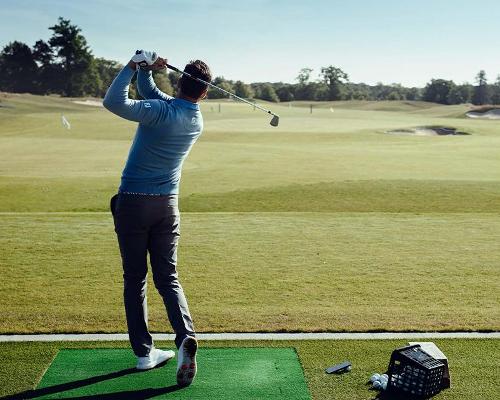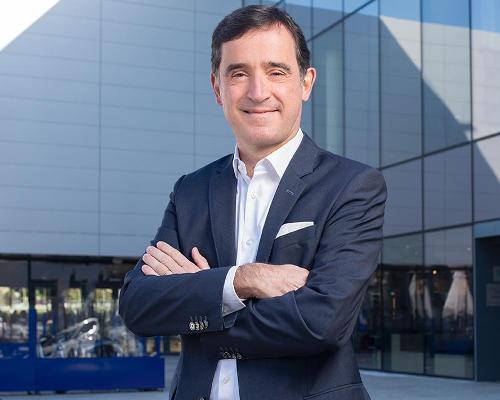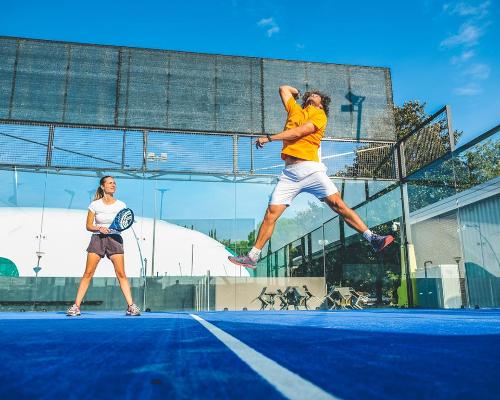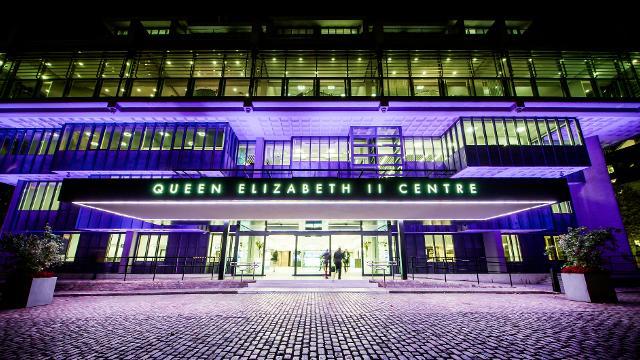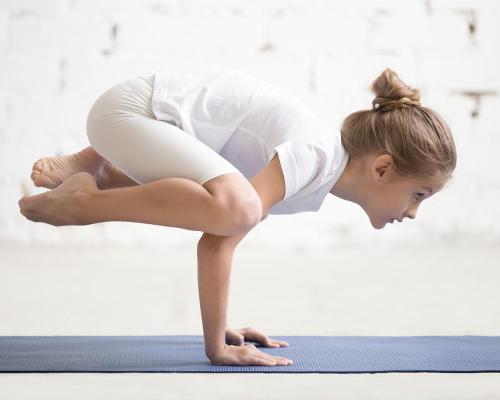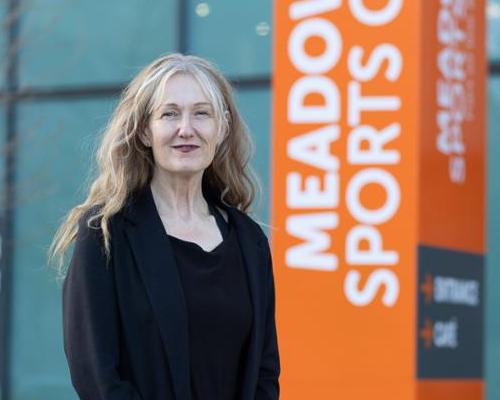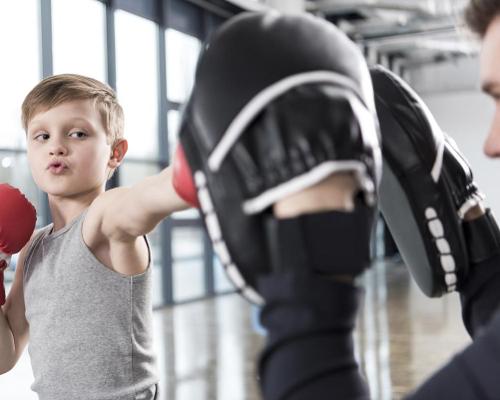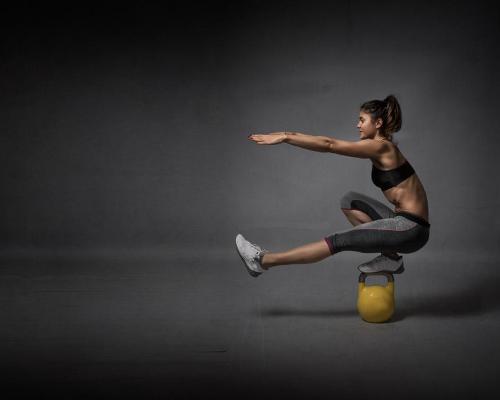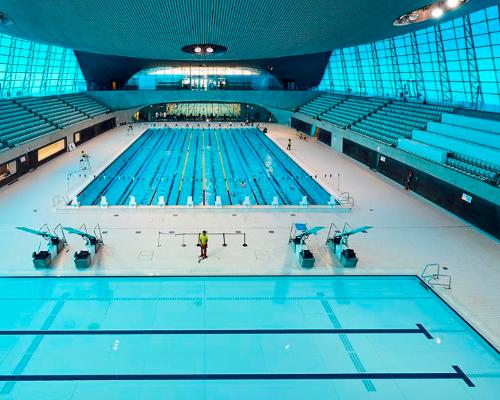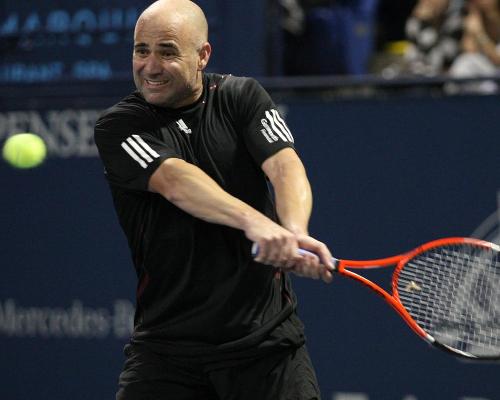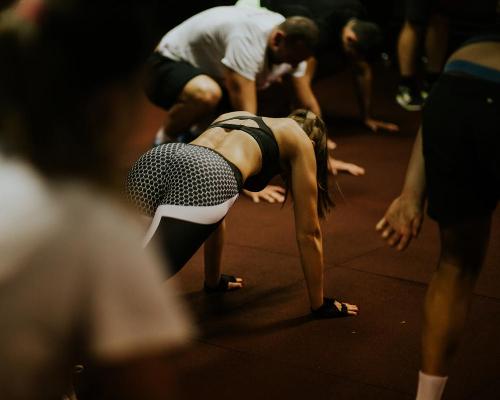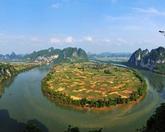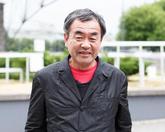Maki and Kuma campaign for Tokyo gymnasium to receive UNESCO recognition
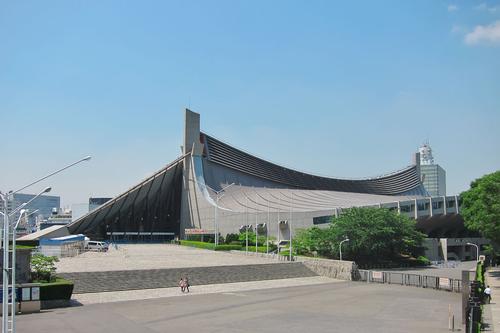
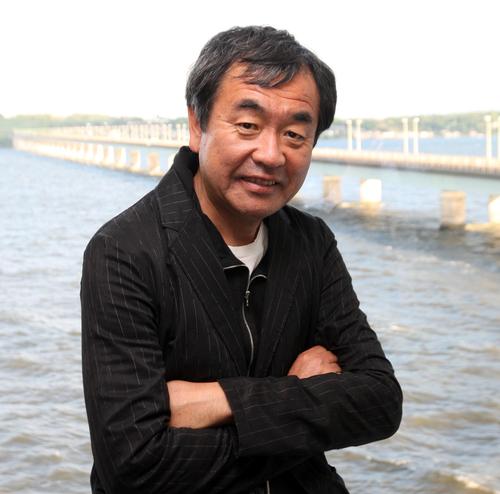
A group of Japanese architects, including Fumihiko Maki and Kengo Kuma, are petitioning UNESCO to recognise the gymnasium building designed by Kenzo Tange for the 1964 Tokyo Olympics on its World Cultural Heritage list.
The high-profile team today (21 September) launched a campaign to have the Yoyogi National Gymnasium listed before the Olympics return to Tokyo in 2020.
The facility – which hosted swimming, diving and basketball events at the 1964 Games – was praised by the architects for its combination of beautiful design, including its famous suspension roof, and cutting-edge engineering technology.
“The 1964 Games were very important for me,” Kuma told Sports Management. “It was a year of economic expansion in Japan. Really we hit a peak. Everything was going well and Tange perfectly symbolised that period by building a beautiful gymnasium.
“He was my hero. I was so impressed by that building, even at the age of 10, and it was after visiting it that I immediately decided to become an architect.”
In quotes carried by the Japan Times, Maki said: “If Tange’s work is registered, he would be the first Japanese architect whose work will be included on the World Heritage list. That would be an extremely honourable milestone for us.”
Tange won architecture’s top accolade, the Pritzker Prize, in 1987. The jury, which included Maki, described his Olympic buildings as “among the most beautiful structures built in the twentieth century” and said his designs “lift our hearts because they seem to emerge from some ancient and dimly remembered past and yet are breathtakingly of today.”
The Yoyogi complex is still used for sports competitions and live concerts. It will host the handball competitions and Paralympic badminton and wheelchair rugby at the forthcoming Games.
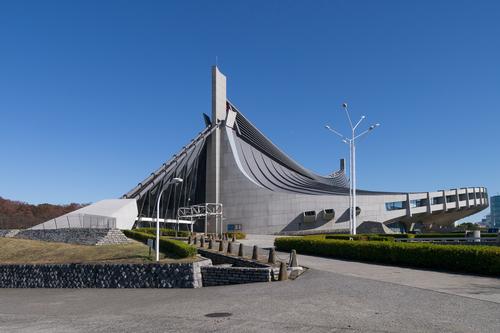
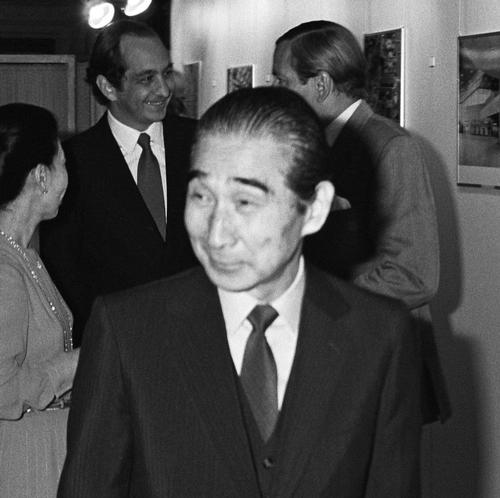

Centre Manager
Director of Operations
Fitness Motivator
Recreation Assistant/Lifeguard (NPLQ required)
Membership Manager
Recreation Assistant
Duty Manager (Dry)
Swim Teacher
Swim Teacher
Chief Executive Officer, Mount Batten Centre
Swim Teacher
Swimming Teacher
Swimming Teacher
Company profile
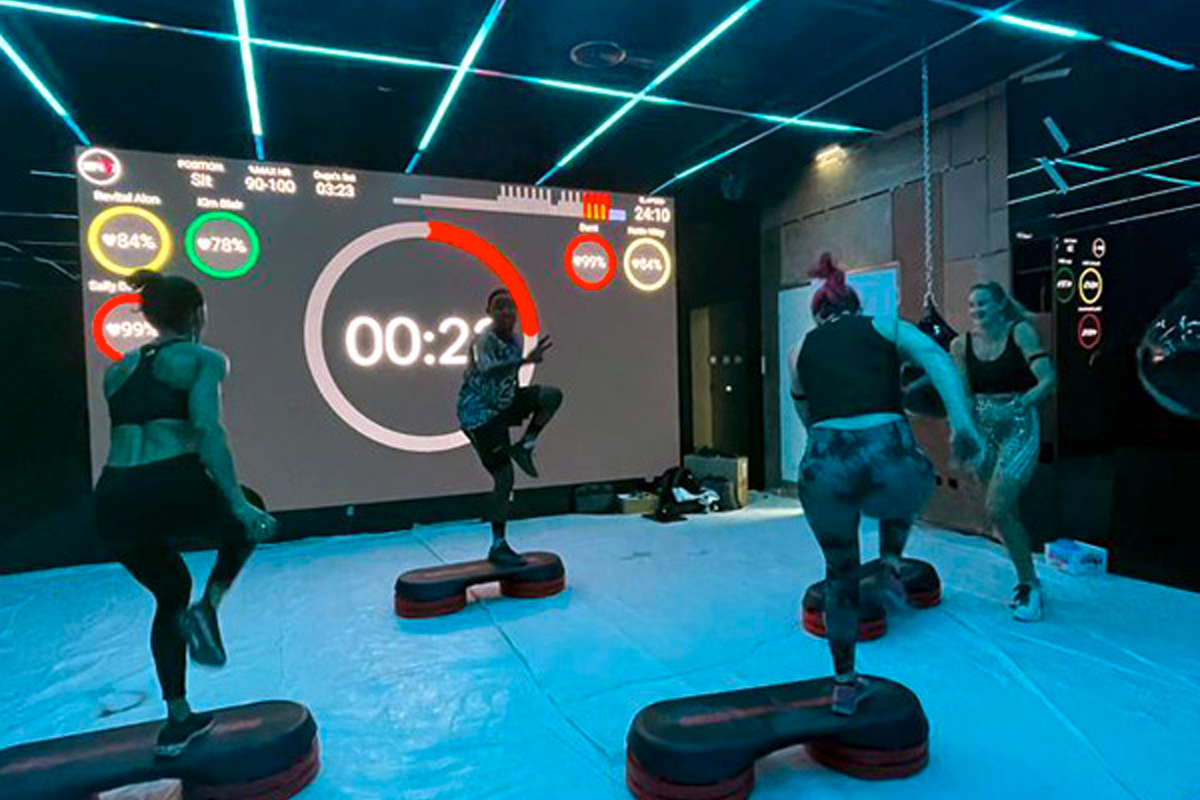
Featured Supplier

Property & Tenders
Company: Knight Frank
Company: Belvoir Castle
Company: AVISON YOUNG
Company: London Borough of Bexley
Company: Forestry England






